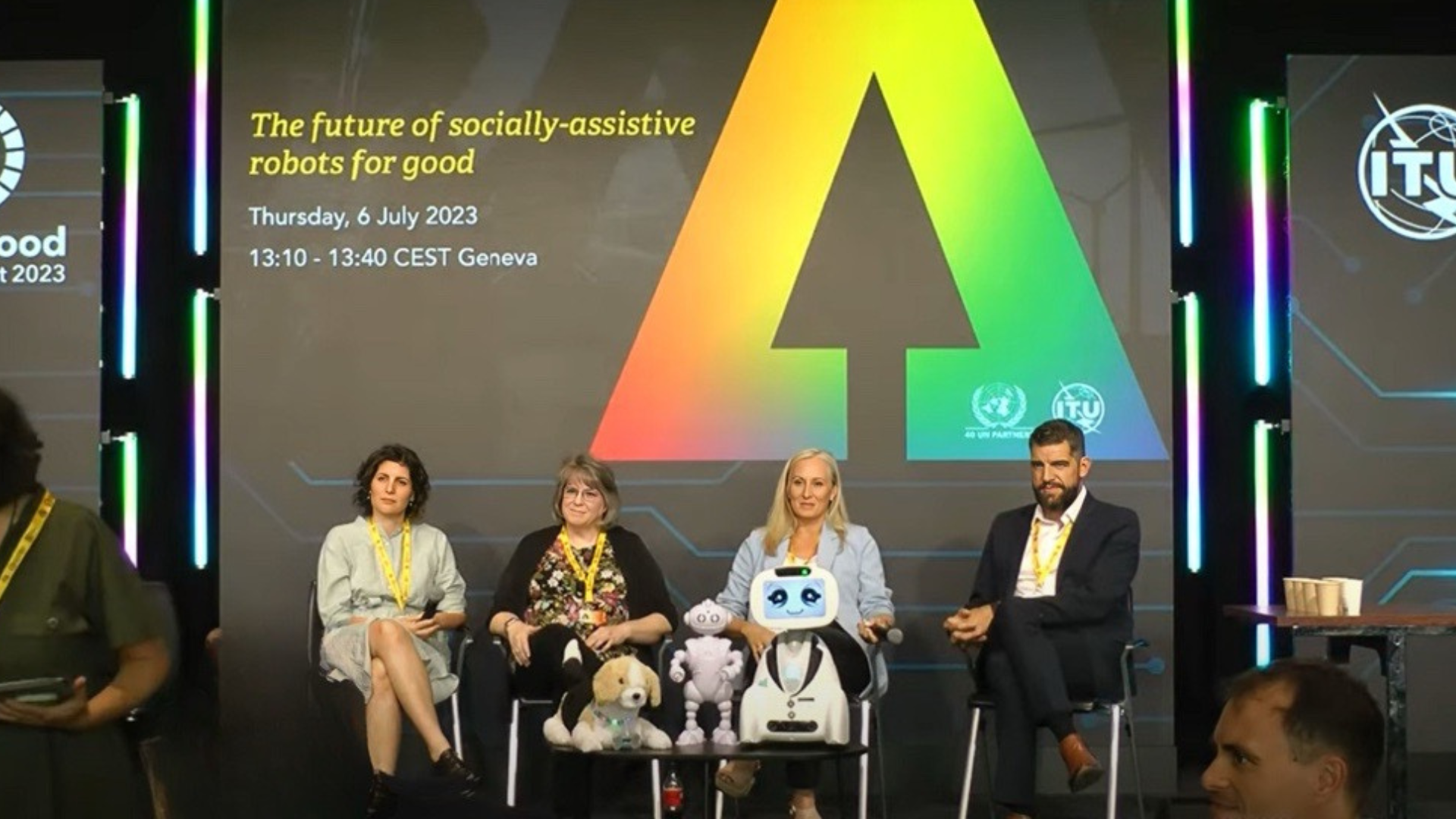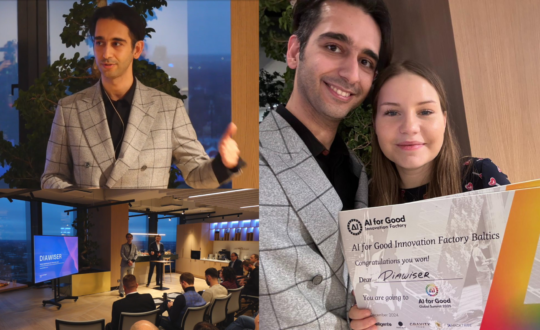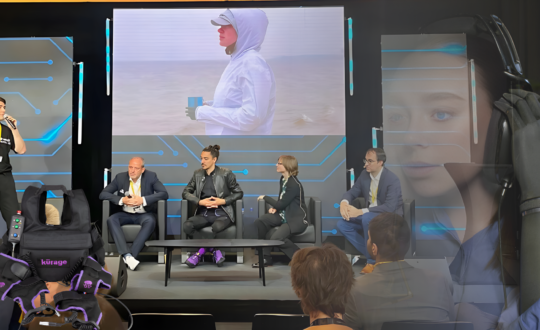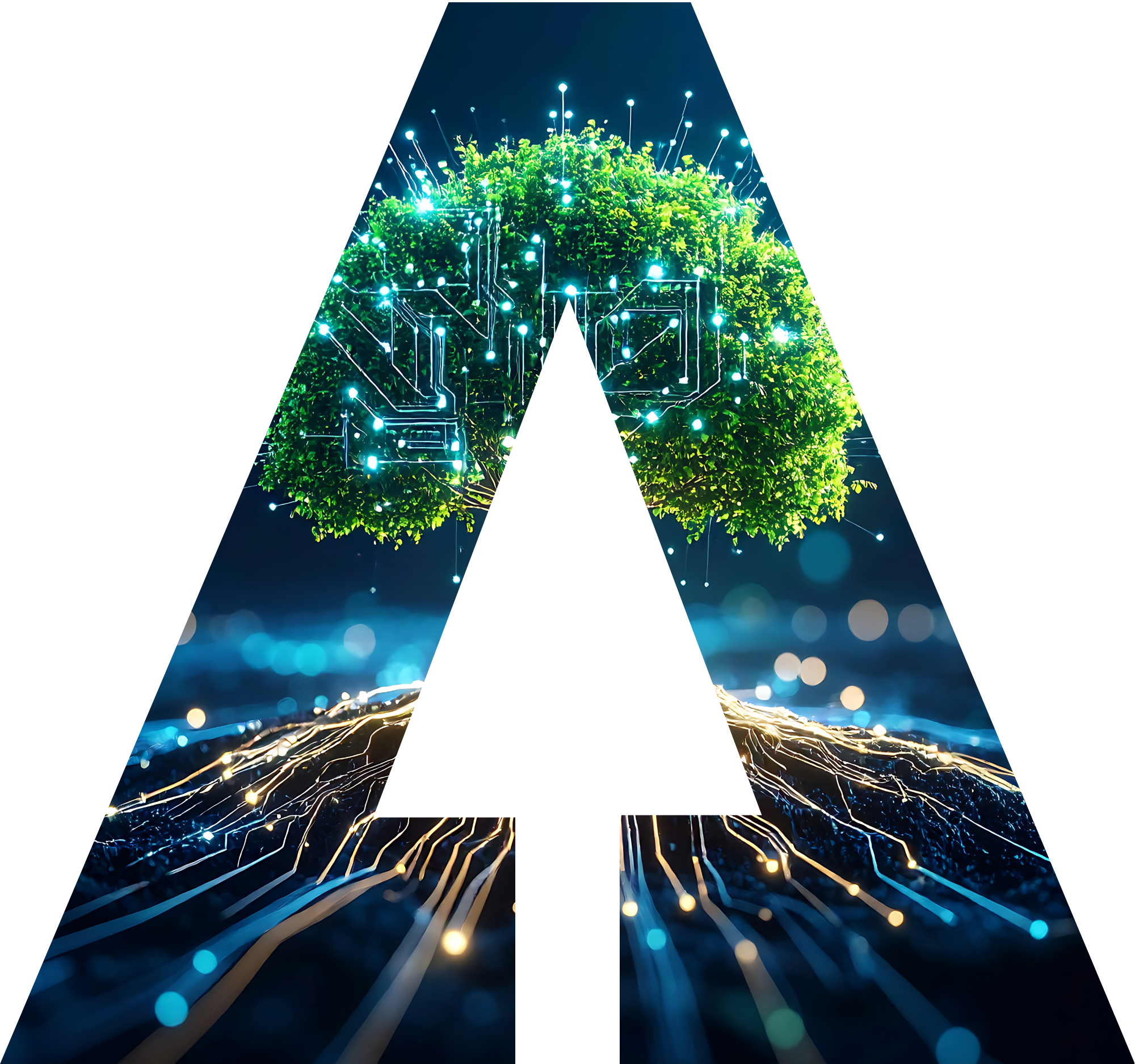In the evolving world of technology, social robotics stands out as a beacon of innovation, promising significant advancements in health, education, and societal inclusion. As we delve into the intricacies of social robotics, it’s clear that these technologies are not just futuristic concepts but are actively shaping practical solutions that align with the United Nations’ Sustainable Development Goals (SDGs). The session “The future of socially-assistive robots for good” at the AI for Good Global Summit 2023 was designed to explore the unique advantages of social robots in various domains such as healthcare, education, and companionship. Selma Šabanović, Associate Professor of Informatics and Cognitive Science at Indiana University Bloomington, and the moderator of the session, introduces the discussion, highlighting the potential of social robotics in addressing UN Sustainable Development Goals, inviting the speakers to share their projects and experiences with social robots.
Empathy, adaptability, and connection in the promise of social robots
Shelly Levy-Tzedek, Associate Professor and Director of the Cognition, Aging & Rehabilitation Laboratory at Ben Gurion University discusses the use of Pepper, a robot, in stroke rehabilitation, emphasizing its effectiveness in providing therapy and improving clinical outcomes. She addresses concerns like the novelty effect and highlights the long-term benefits observed in patients.
“We are proposing to use socially assistive robots to help people do their exercises”, shared Shelly Levy-Tzedek.
Cindy L. Bethel – professor and director of the Social, Therapeutic & Robotic Systems Lab
Mississippi State University presents Therabot, a therapeutic support animal robot designed to provide comfort and interaction for individuals unable to care for a live animal. She emphasizes its role in mental health care and inclusivity, with applications for children facing challenges like bullying or maltreatment.
“We are developing different types of sensing to put into Therabot to address depression or anxiety in elderly people”, noted Cindy L. Bethel.
Rodolphe Hasselvander the CEO of Blue Frog Robotics discusses the work of his copany in deploying AI-driven robots for education, inclusion, and elder care. He introduced Buddy an emotional companion robot, and emphasizes its acceptability and adaptability across diverse populations.
“Buddy is an emotional companion robot, designed to create an emotional link between human and machine”, stated Rodolphe Hasselvander.
Laura Boccanfuso the CEO of Van Robotics’ shared her thoughs on ABii, a social robot designed to support learning in elementary school classrooms. She highlights Obby’s adaptive features and its role in supplementing teachers’ efforts to enhance student engagement and achievement.
“Designing social robots to meet schools, teachers, and students where they currently are is a major principle for us”, said Laura Boccanfuso.
Throughout the discussion, the panelists touch on principles guiding their work, including user-centered design, adaptability, and empathy. They underscore the importance of social robots in fostering connections, providing support, and addressing societal challenges. The audience engages with questions about the unique advantages of social robots, their impact on diverse populations, and ethical considerations in their design and deployment.
Watch our full video:


 Register here
Register here














